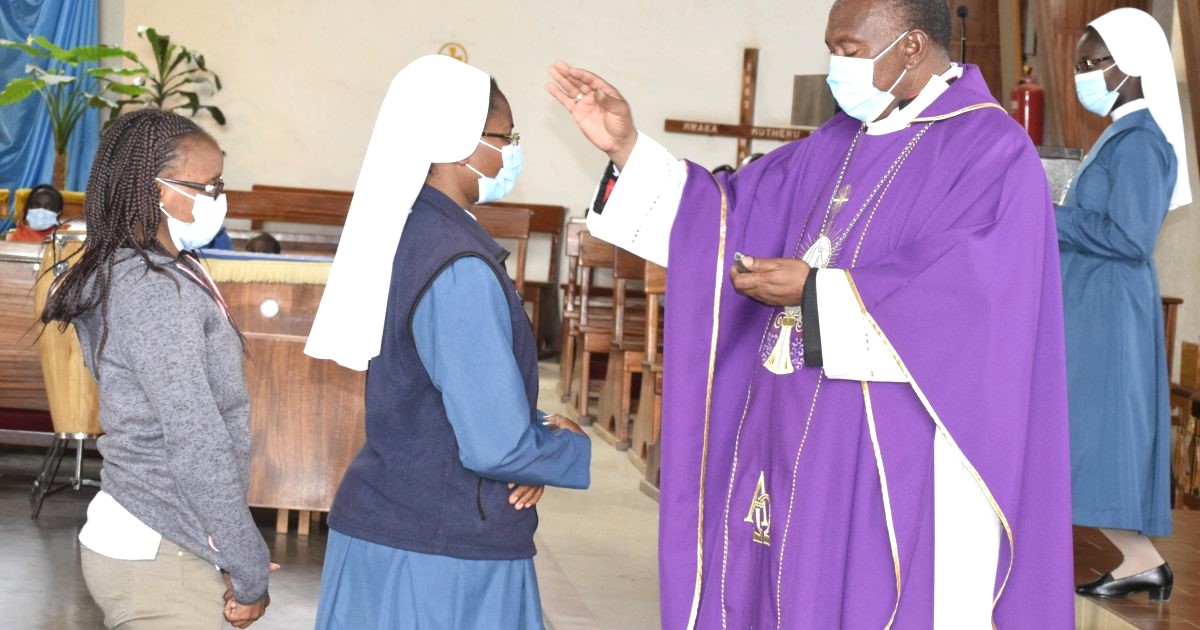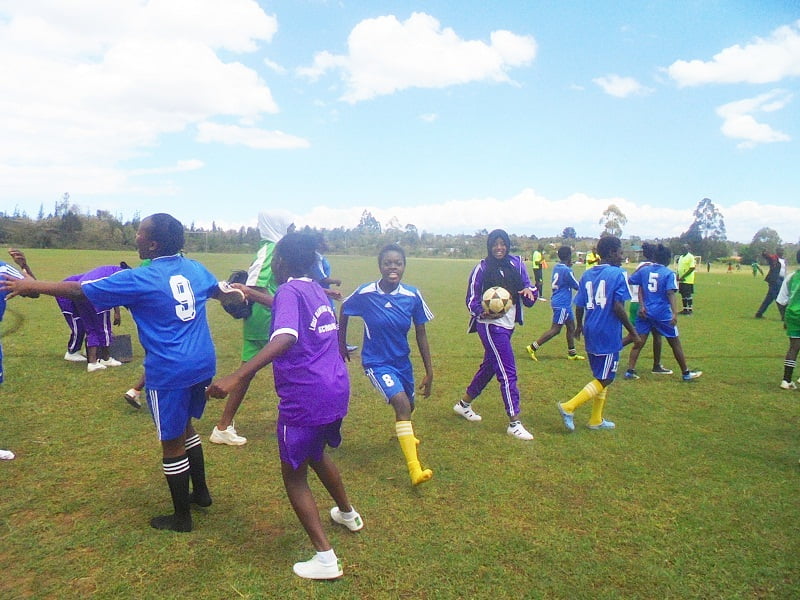By Kennedy Buhere
Many people distrust people who speak and write polished English. For them, extraordinary command and usage of English is for no other purpose but to show off linguistic prowess to people rather than communicate.
Implied in the phrase, ‘Wacha kisungu mingi’ is an insinuation that polished English is meant to deceive and make the speaker seem superior.
Nothing could be further from the truth. The primary and secondary education syllabus does not aim at teaching students guile. It has practical aims which are lost to many people including, unfortunately, students and a significant number of teachers who teach other subjects.
Speak good English and the question people ask is ‘Wewe ni Mwalimu?’. It appears teachers are the only people who, outside majestic situations, are entitled to speak fluent English. This is unfortunate.
The only time society appreciates good English is when it enables Kenya Certificate Secondary Education (KCSE) students to qualify for a higher education course where English is required.
The Kenya Secondary Education Syllabus identifies four major skills in the learning of English language; listening, reading, speaking and writing. The first two are categorized as receptive skills and the rest as productive skills.
The four skills are major tools of communication. The principle aim of imparting these skills is for sharing or transmitting and receiving information. The information may be in the form of ideas, thoughts, feelings and values.
The skills are not just important for education as an end itself; they are means to end. Writing skills are so important that the curriculum has allocated many hours on the art and the different forms of writing that students will require in their post-secondary school experience.
The students are exposed to functional writing which relates to daily activities and actions of adults. Adults communicate in writing. Spouses, parents, and friends communicate in writing though the mobile phone has undermined it.
The Syllabus, prepared for the 8.4.4 system of education, provides for the teaching and learning of functional writing skills. It styles the writing as institutional writing under which familiar communications formats we know in Public and private institutions are taught.
We also have public notices, inventories, letters (informal and formal), telephone, email messages, notification of meetings, minutes writing, memoranda, speech writing, circulars and summary or précis writing.
Functional writing requires skill, imagination and judgement to know how to organize the material. The information that goes into the writing is drawn from listening to proceedings of meetings, from dictation or from other written reports. Good writing is actually turning a complex subject into something understandable to the reader.
That is where teachers come in. Teachers can help students to master types of functional writing by doing three important things. First, they have to teach the principles and purpose underlying the various types of functional writing. Secondly, they have to provide the finest models—actual and not contrived—of each type of writing. And the third is to assign students each functional writing activity to find out how well they have understood. The teacher can close the gaps by correcting lapses he might see in the production of students.
Public and private institutions transact business in writing. They commit the transactions in writing as a matter of policy and also for efficiency and effective purposes. They also communicate policy and decisions in writing
The writing takes various formats depending on the nature and context of the transactions. The writing ought to be in acceptable usage of the English language. It means the writing should be in an appropriate tone and with appropriate vocabulary for the specific task and audience. The written message should be in simple, fluent and clear language. The writing should also be with a strong and clear-cut purpose.
Institutions depend on each other to work. The heads of institutions or departments within an organization hold meetings to discuss policy issues, problems or challenges they are facing or simply to confer on issues of mutual concern.
The by-products of all the transactions or communication are formal letters, memos, minutes, reports, memoranda, or speeches. Big organisations such as governments may want to address a problem but need information from many stakeholders. It may also launch investigations into a problem or issue. It sets up a Task Force, a Commission of Enquiry, or a Working Party such as the current Presidential Working Party on Education Reforms, chaired by Prof. Raphael Munavu.
When the team constituted by an appointing authority gathers relevant information, it consolidates the finding into a coherent format called a report—in writing for submission to the appointing authority.
Certainly, skilled organization of writing is called for. Embedded in the report is information, ideas, thoughts and even feelings about the particular problem that caused establishment of the Task Force.
The English teacher can scour for teaching and instructional materials from the men and women who have participated in the hustle and bustle of life—dealing with life and death issues. Exposing students to these materials—subject to the curriculum requirements and moral judgement of the teacher—will help students appreciate that the things they are learning are not abstractions, but preparation for the future.
They will appreciate that impeccable spoken or written English is not much ado about nothing. It is not about ‘Kisungu Mingi’. But it is about meaning, purpose and values that animate individuals, people and institutions.
Buhere is a Communications Officer, Ministry of Education.






